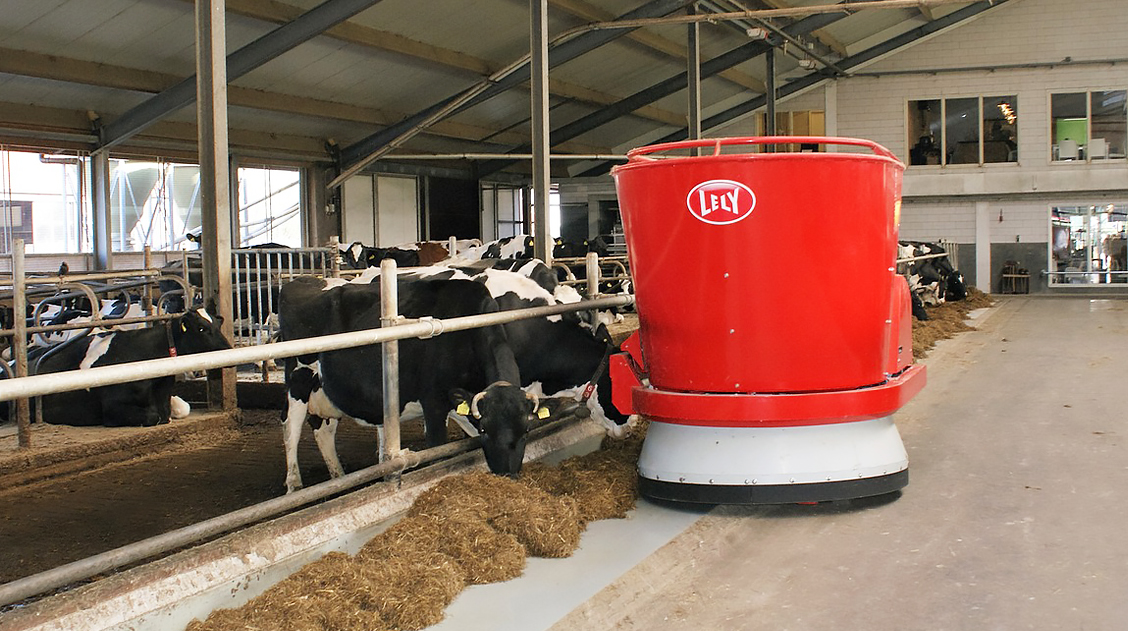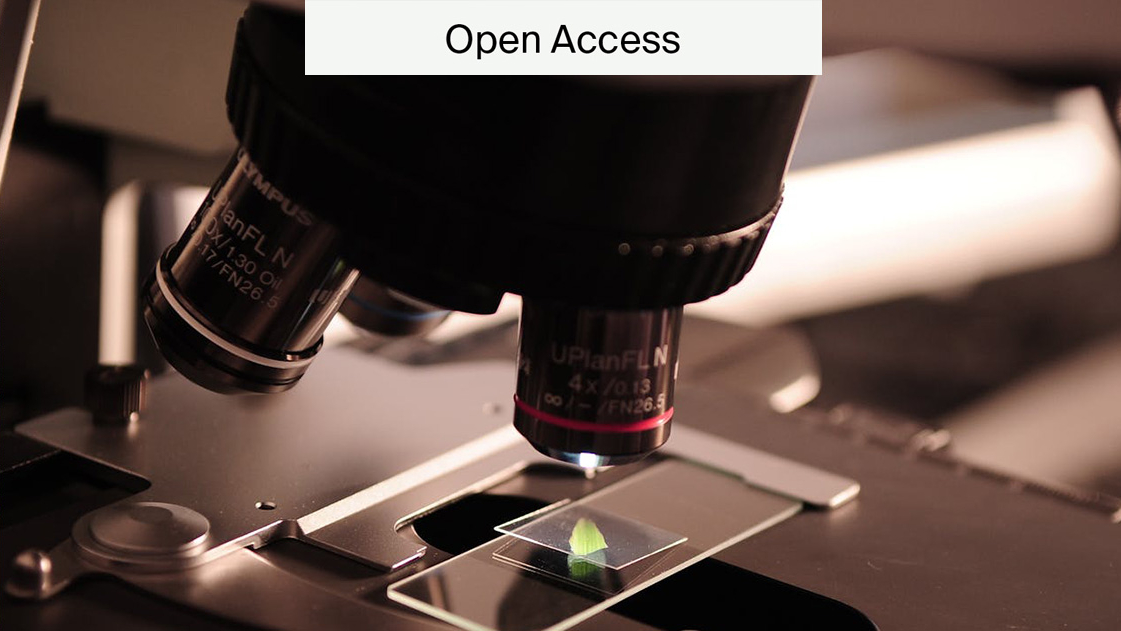
How Agriculture 4.0 Is Changing What’s on Your Plate
What Is Agriculture 4.0?
Over the centuries, there have been many industrial revolutions that have shaped countries and the world in general. Industry 4.0 is the latest industrial revolution that is changing ways of working. It refers to the rise of automation, artificial intelligence (AI), and robotics, as well as other advances linked to the Internet and increasingly better technology.
The agricultural industry has also experienced, and is continuing to experience, this substantial shift in technology and working. It has been referred to as ‘Agriculture 4.0’ and is promising to make farming innovative and self-reliant.
The MDPI journal Agriculture has a section titled ‘Agricultural Technology’ that focuses on the extreme transformation that has occurred in agriculture over the past 50 years, as well as new advances that are revolutionising how it works.
How Are the Advances of Industry 4.0 Benefitting Agriculture?
Here are three key ways in which recent technological developments are expected to change agriculture.
Artificial Intelligence
Artificial intelligence has been harnessed by the agricultural industry to make processes much more efficient. AI can be applied to various machines and pieces of equipment, allowing different devices, such as sprinklers and fertilisers, to perform their jobs more effectively.
A good example of this is driverless tractors, which can use AI to carry, pull, or lift bulky items across land.
Another new technology that uses AI is the smart greenhouse. A paper in Agriculture explains: ‘Smart agricultural greenhouses (SAG) […] have recently become the significant solution to produce more with minimal socioeconomic and ecological loss from limited tillage and labor.’ They have climate control and self-watering capabilities and collect data on conditions and plant life. In addition, they can control infection and improve security. This is thanks to the sealed and safe elements of the facility.
Drones
The paper ‘Current Progress and Future Prospects of Agriculture Technology: Gateway to Sustainable Agriculture’ in Sustainability notes that ‘farmers and growers have to spend 70% of their time monitoring and understanding the status of the crops rather than performing actual farm work’. Drones are a possible solution to this problem, as they make a big difference when it comes to agricultural monitoring. They allow farmers to view their crops from an advantageous angle and height, and provide a detailed analysis of the soil’s makeup.
Big Data
Aside from facilities and equipment, big data have been changing things in the agricultural industry. In the past, large numbers of data related to the amount of product and how it should be applied have not been handled in the most efficient way. This is due to the level of technology that was available and its now limited capabilities. However, recently, it has become possible to handle a lot of data at one time and use them to gain insight into agricultural production processes.
Lots of research on big data has been published in MDPI’s journal Big Data and Cognitive Computing.
How Can This Benefit Our Global Community?
Introducing these Industry 4.0 advances into agriculture is driving down labour costs, as humans can apply their time and technical skills to more important processes. Machines, such as driverless tractors, are also carrying out the jobs cheaper than humans, and more efficiently as well; there isn’t human error. This can make the farm-to-table pipeline more efficient, the agricultural industry more competitive, and reduce food prices.










